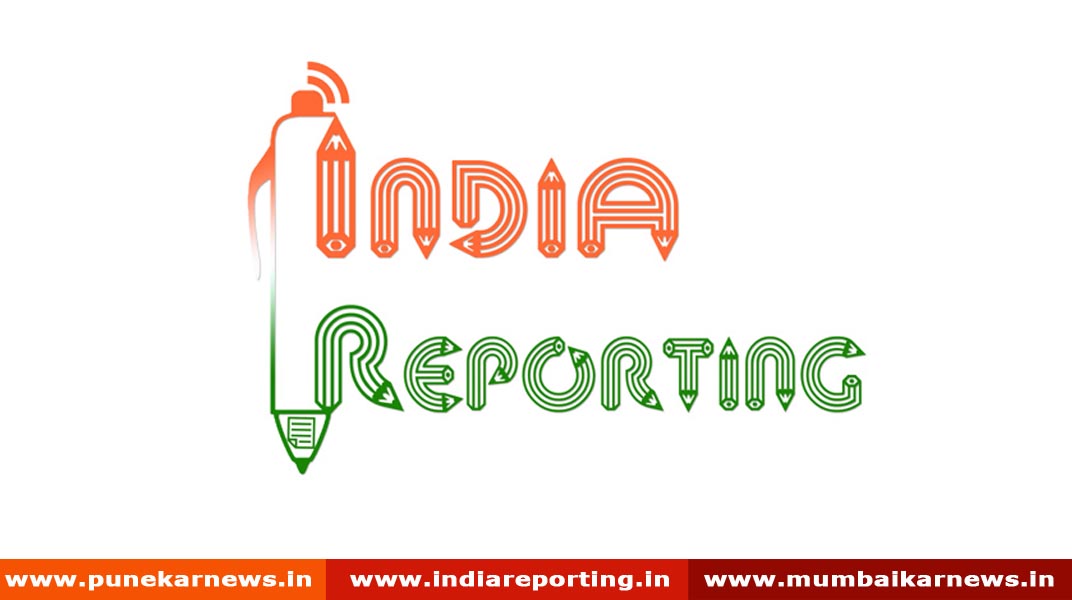New Delhi, 24th February 2023: A Stanford University report states that India was able to save more than 3.4 million lives by conducting a nationwide COVID-19 vaccination drive on an unprecedented scale. The Covid vaccination drive has also created a positive economic impact by preventing losses of US$ 18.3 billion.
Union Health Minister Mansukh Mandaviya has given information based on a working paper titled ‘Healing the Economy: Estimating the Economic Impact on India’s Vaccination and Related Issues’ by Stanford University and Institute for Competitiveness released by Union Health.
Union Minister Mandaviya said that even before the World Health Organization (WHO) declared COVID-19 a public health emergency in January 2020, India was focused on various aspects of pandemic management.
Virtually addressing ‘The India Dialogue’ session on the economic impact of vaccination and related matters, he said, “Under the leadership of Hon’ble Prime Minister Narendra Modi, India has moved from ‘Whole of Government’ and ‘Whole of Society’ in a proactive, proactive and graded manner. India adopted a holistic response strategy for effective management of COVID-19.”
The event was organized by the Institute for Competitiveness and the US-Asia Technology Management Center, Stanford University. This research paper discusses the role of prevention as a measure to contain the spread of the virus.
In addition, the report states that the measures adopted to contain the infection, such as mass testing, home quarantine, distribution of essential medical equipment, improving health care infrastructure and continuous coordination among stakeholders at the central, state and district levels not only helped in prevention but also helped in increasing the health infrastructure.
It elaborates on the three cornerstones of India’s strategy – prevention, relief package and vaccine administration. The report showed that these three measures were crucial in saving lives and preventing the spread of COVID-19, maintaining livelihoods and ensuring economic activity by developing immunity against the virus. The report said that India was able to save more than 3.4 million lives by conducting a nationwide vaccination drive on an unprecedented scale.
Union Minister Mandaviya said that the Prime Minister adopting the decision of early lockdown enabled people to follow his five-pronged strategy, i.e., Test, Track, Treat, Vaccinate, and Adhere to implement Covid Appropriate Behavior (CAB). He said that the government has focused on augmenting the health infrastructure in terms of Covid related beds, medicines, and logistics – N-95 masks, PPE kits and medical oxygen.
Additionally, a network of 52 laboratories was set up to monitor emerging variants of the virus. Carrying forward the momentum, the Health Minister said, “India launched the world’s largest vaccination drive, achieving 97% coverage for the first dose and 90% for the second dose, with the total number of people receiving both doses being around 2.2 billion.” He said the campaign was focused on equal coverage for all, so vaccines were provided free of cost to all citizens.
